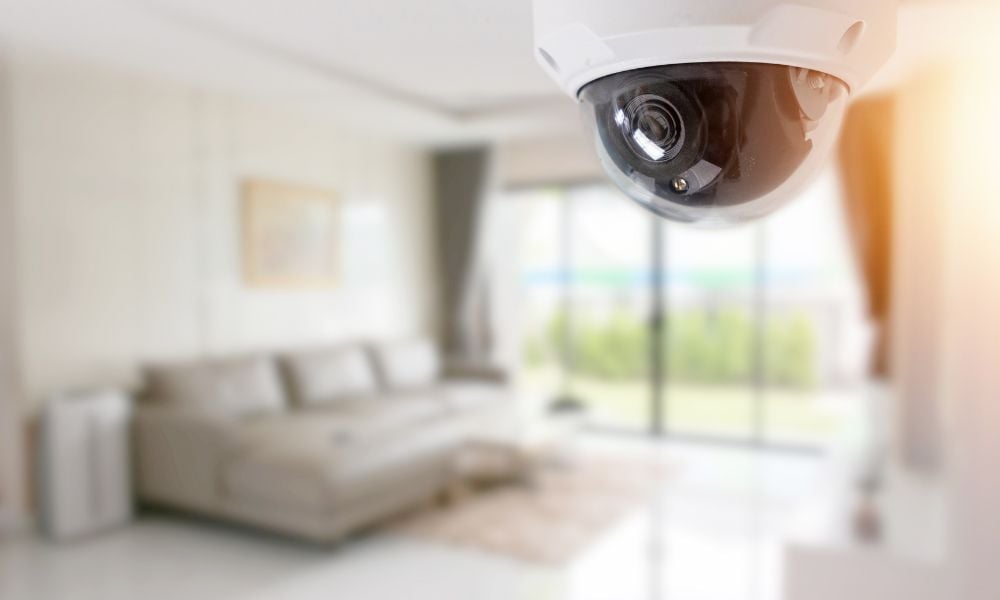
The plaintiff's privacy outweighed the recordings' relevance to care needs: court

The Ontario Superior Court of Justice dismissed a motion in a medical malpractice lawsuit seeking the production of in-home security camera recordings, ruling that the plaintiff's privacy rights outweighed the recordings' potential relevance to assessing care needs.
In Ibrahimova et al. v. Cavanagh et al., 2025 ONSC 1152, the plaintiff alleges that three emergency room doctors failed to diagnose a previable premature rupture of membranes, leading to a severe infection. The plaintiff suffered extensive injuries, including a septic pregnancy loss, kidney injury and transplantation, below-knee amputation, brain hemorrhage, craniotomy, hemiparesis, clawed hand, and seizures. The lawsuit sought damages exceeding $20 million, claiming that the plaintiff requires constant attendant care and cannot work. The defendants denied negligence and disputed causation.
The dispute over in-home recordings emerged after an occupational therapist assessed the plaintiff's home in December 2024. During the visit, the plaintiff's spouse disclosed the recording of the assessment without providing prior notice. The defendants requested a copy of the recording, which was initially refused but later produced as an audio file. The defendants then sought access to all recordings from the home's security camera system, arguing that footage of the plaintiff performing daily activities would be relevant to assessing care needs. The plaintiffs opposed the request, citing privacy concerns.
In assessing the request, the court acknowledged that the recordings could be relevant but emphasized individuals' high level of privacy within their homes. The judge noted that while courts have previously ordered the production of social media posts and surveillance footage captured in public, in-home recordings are fundamentally different. The security cameras were installed for safety purposes, as the defendants' expert recommended. The plaintiffs did not create the footage for external use or share it with others. Unlike social media posts intended for public viewing, the court noted that these recordings were made exclusively for private monitoring.
The court cited Supreme Court jurisprudence that a litigant does not automatically waive their privacy rights by seeking damages. While the plaintiff's ability to perform daily tasks is relevant to the case, the court found that ordering the disclosure of private, in-home footage would be unnecessarily intrusive. The judge distinguished this situation from cases where courts have admitted surveillance footage taken in public as evidence. A home is where a person's most personal and intimate activities occur, and the expectation of privacy is at its highest.
The Superior Court ruled that the defendants' request for the in-home recordings was unnecessary for the fair administration of justice. The court noted that the jury would have access to expert assessments and discovery evidence to evaluate the plaintiff's care needs without requiring footage from inside the home. The court dismissed the motion.